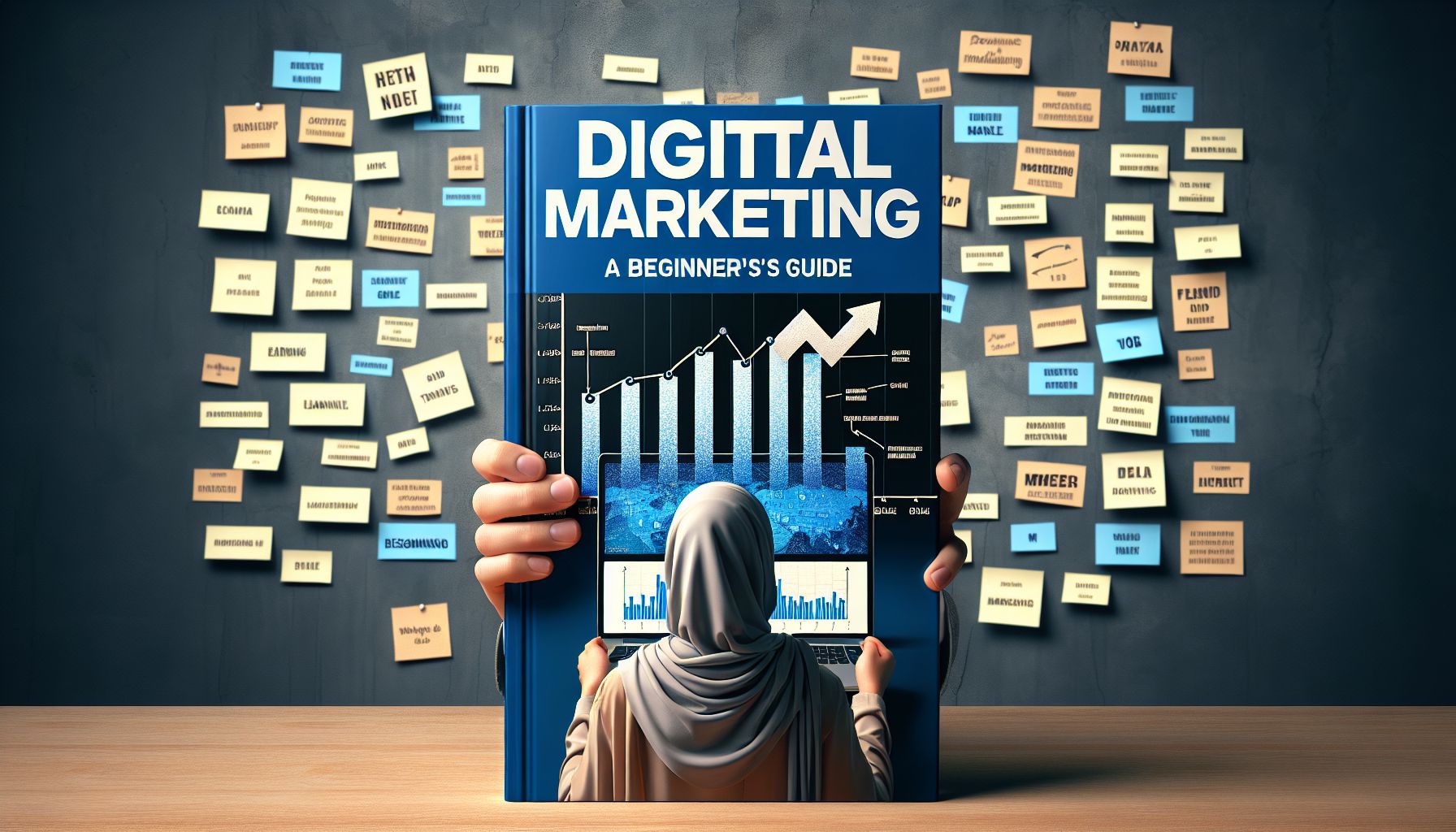Introduction
Welcome to the fascinating world of digital marketing! In today’s digital age, businesses rely on effective online strategies to connect with their target audiences, increase brand visibility, and ultimately drive sales. In this article, we will dive into the essential concepts and techniques of digital marketing, empowering you with the knowledge to navigate this dynamic field.
Understanding Digital Marketing
What is Digital Marketing?
Digital marketing refers to the promotion of products or services using digital channels such as the internet, mobile apps, search engines, social media platforms, email, and more. It encompasses various strategies and tactics aimed at reaching and engaging potential customers in the ever-expanding online landscape.
The Importance of Digital Marketing
In the digital era, where people spend a significant amount of time online, digital marketing has become paramount for businesses of all sizes. Through carefully planned digital marketing campaigns, companies can attract, convert, and retain customers, making a substantial impact on their bottom line.
Key Components of Digital Marketing
Search Engine Optimization (SEO)
Search Engine Optimization (SEO) is the practice of improving a website’s visibility on search engine result pages (SERPs) organically. Through optimizing website content, implementing relevant keywords, enhancing user experience, and building quality backlinks, businesses can increase their search engine rankings, ultimately driving more organic traffic to their website.
Social Media Marketing
Social media marketing involves utilizing popular social media platforms such as Facebook, Instagram, Twitter, and LinkedIn to connect with potential customers, build brand awareness, and drive engagement. By creating compelling content, businesses can leverage the immense reach of social media to drive targeted traffic and cultivate a loyal customer base.
Pay-Per-Click Advertising (PPC)
Pay-Per-Click (PPC) advertising allows businesses to display ads on search engine result pages or social media platforms. Advertisers only pay when users click on their ads, making it a cost-effective way to reach a targeted audience. Effective keyword research, ad copy optimization, and campaign management are vital to ensure a high return on investment (ROI) in PPC advertising.
Content Marketing
Content marketing involves creating and distributing valuable and relevant content to attract and engage a target audience. By providing informative articles, blog posts, videos, infographics, and more, businesses can establish themselves as industry leaders, build trust, and nurture customer relationships.
Email Marketing
Email marketing remains a powerful tool in digital marketing. By strategically crafting personalized and targeted email campaigns, businesses can nurture leads, build customer loyalty, and drive conversions. Careful segmentation, compelling copywriting, and effective call-to-actions are key to achieving success in email marketing.
Ethical Considerations in Digital Marketing
As digital marketing continues to evolve, it is crucial to address ethical considerations in this space. Businesses must prioritize transparency, respect user privacy, and adhere to relevant data protection regulations. It is essential to obtain explicit consent from users when collecting their data and to provide clear opt-out options for marketing communications. Responsible digital marketing practices not only build trust with customers but also contribute to a sustainable and ethical industry.
Conclusion
Digital marketing is an ever-growing field, offering vast opportunities for businesses to thrive in the digital realm. By understanding the key components and ethical considerations in digital marketing, you are now equipped to explore and implement effective strategies to achieve your business goals.
FAQs
1. How long does it take to see results from SEO efforts?
SEO is a long-term strategy, and it may take several months to see noticeable results. It depends on factors such as the competitiveness of keywords, the quality of website optimization, and the authority of the website.
2. Which social media platforms are best for my business?
The ideal social media platforms for your business depend on your target audience and the nature of your products or services. Conduct market research to identify where your potential customers spend their time online and tailor your social media efforts accordingly.
3. Is PPC advertising suitable for small businesses with a limited budget?
Yes, PPC advertising can be an effective tool for small businesses. By carefully selecting relevant keywords, optimizing ad copy, and monitoring campaigns closely, small businesses can achieve targeted reach within their budget.
4. How important is it to create high-quality content?
High-quality content is essential for digital marketing success. It not only attracts and engages users but also contributes to better search engine rankings and builds brand authority. Investing in creating valuable content is a worthwhile long-term strategy.
5. Are there any legal restrictions to consider in digital marketing?
Yes, digital marketing is subject to legal restrictions, such as data protection and advertising regulations. It is important to familiarize yourself with applicable laws in your region and ensure compliance with ethical practices to avoid legal repercussions.
Thank you for reading our comprehensive guide to digital marketing. We hope it has provided you with valuable insights and actionable steps to embark on a successful digital marketing journey. Remember, the digital landscape is ever-changing, so continuous learning and adaptation are key to staying ahead in the dynamic world of digital marketing.
